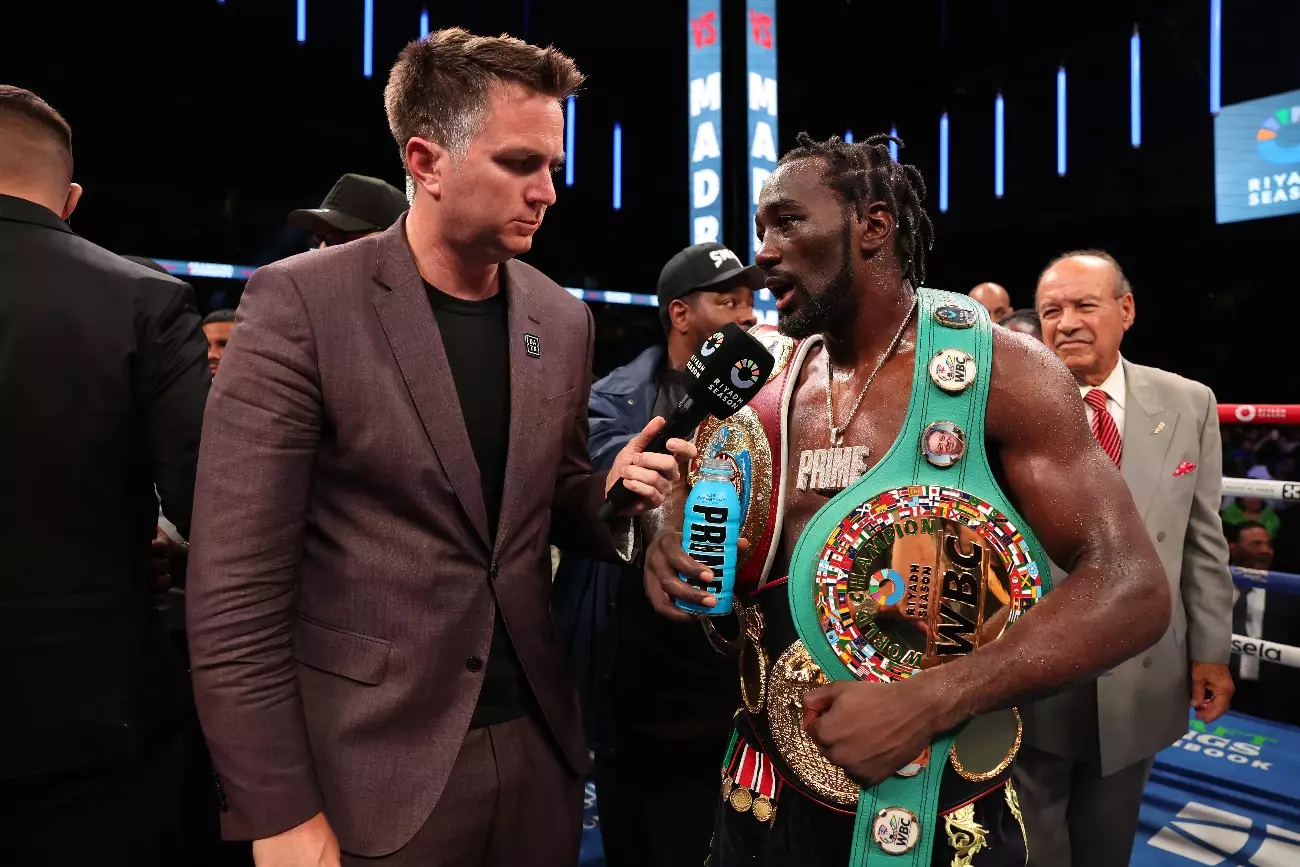In the world of combat sports, the allure of crossover bouts often creates a frenzy of excitement among fans and fighters alike. Terence Crawford, arguably one of the premier boxers of his generation, recently made headlines, not for a new fight announcement but for his bold rejection of a lucrative offer to face Conor McGregor in a two-fight agreement. This decision raises significant questions regarding the integrity of combat sports and the growing trend of crossover events that often generate more intrigue than competitive legitimacy. This article will explore the implications of Crawford’s decision and the broader context of fighter integrity in an era defined by financial temptation.
Crawford received an offer described as having “hundreds of millions” attached to it, thanks to the financial backing of Saudi investor Turki Alalshikh. The proposed deal entailed one boxing match and one fight under mixed martial arts rules. Despite the astronomical figures on the table, Crawford’s immediate and emphatic response was a resounding “hell, no.” During an interview on Bernie Tha Boxer’s YouTube channel, he recounted his conversation with McGregor, emphasizing his steadfast refusal to enter the Octagon, a sphere where he believes he would be at a systematic disadvantage. This moment encapsulates a growing sentiment within the boxing community: the refusal to compromise one’s integrity in the pursuit of wealth.
Crawford’s hesitance can be attributed to the inherent risks associated with transitioning into mixed martial arts competition. Unlike boxing, which is governed by specific rules focused on striking with the hands, MMA includes a variety of techniques—striking with legs, elbows, grappling, and submissions. These components introduce a level of unpredictability that makes the Octagon perilous for someone trained solely in boxing. Crawford’s insight into the potential for physical harm emphasizes a crucial aspect of athlete safety that is often overlooked in the spectacle of crossover events. The adrenaline-pumping excitement can overshadow the real dangers a fighter might face when they step outside their domain of expertise.
Legacy is a persistent theme in discussions around Crawford, a fighter with aspirations that transcend mere financial gain. Maintaining an unbeaten record in boxing is a hallmark of greatness, and engaging in an MMA fight—particularly against a skilled opponent like McGregor—could tarnish that reputation. Although a loss in the cage wouldn’t directly impact his boxing credentials, the ramifications for his legacy in the eyes of fans and purists could be significant. Crawford’s refusal to compromise his professional identity in exchange for an easy payday illustrates a commitment to his own legacy, one that cherishes hard-won accomplishments over fleeting financial temptations.
Crossover bouts aren’t a new phenomenon; however, their frequency has ballooned in recent years. From the infamous Floyd Mayweather vs. McGregor match to the more recent spectacles involving YouTubers and celebrity fighters, the integrity of pugilism faces increasing scrutiny. Many fans now question whether the excitement surrounding these events is worth the potential dilution of the competitive nature of both boxing and MMA. Crawford’s stance signifies a moment of reflection; perhaps consumers of combat sports should also reassess what they value: authentic competition or mere entertainment spectacle.
In a sport increasingly marred by monetary greed and spectacle, Terence Crawford stands out as a figure of integrity. His refusal to engage in a crossover bout with Conor McGregor, despite the gargantuan financial incentive, marks a significant declaration about the preservation of his legacy. Crawford illustrates that sometimes, taking a stand against the status quo—especially when it prioritizes wealth over authenticity—is an act of bravery. The world of combat sports could benefit from more fighters who prioritize integrity over the lure of the dollar, promoting a culture where honor and legacy reign supreme over transient fame. As Crawford has shown, true honor in the ring cannot be bought.

